Wuhan’s Lockdown Memories One Year Later: Pride, Anger, Deep Pain

Enlarge this image
A woman walks in a park along Yangtze River in Wuhan on January 19, 2021. Residents of the city of 11 million, which was the first epicenter of COVID-19, have conflicting emotions as they reckon with the aftermath of the virus and their 76-day lockdown.
Hector Retamal/AFP via Getty Images
hide caption
toggle caption
Hector Retamal/AFP via Getty Images

Enlarge this image
A scene from January 25, 2020, in Wuhan: Health workers in protective garb walk next to patients awaiting medical attention at the Wuhan Red Cross Hospital.
Hector Retamal/AFP via Getty Images
hide caption
toggle caption
Hector Retamal/AFP via Getty Images

Goats and Soda
A Doc About Wuhan’s Lockdown Was ‘Too Real’ For My Wuhan-Born Dad. I’m Glad I Watched
«The lockdown wasn’t so bad, except for having no freedom. Just give us the Internet, and we young people can stay at home forever, she says, joking darkly.
When my NPR colleague Amy Cheng and I visited Wuhan’s famous Jianghan shopping promenade last April, it was partially boarded up and completely deserted. Now, the street is popping with color and people. Business remains slow – in the wake of the pandemic, many people lost jobs and are spending less. And a new wave of virus cases is hitting at least three provinces in China. But behind the checkout counter, Song is cheerfully realistic about the future.

Post lockdown scenes from Wuhan: On January 22, 2021, a woman enters a shopping mall after showing her health code, assigned by the government to indicate COVID-19 status; shoppers browse in the night market in front of Dayang department store on June 12.
Hector Retamal / AFP ; Costfoto/Barcroft Media/Getty Images
hide caption
toggle caption
Hector Retamal / AFP ; Costfoto/Barcroft Media/Getty Images
«We are not going to go back home for Chinese new year and you have to show your health certificate wherever you go, but for us there’s been not much impact, thankfully, she says of the latest COVID-19 wave.
All of this depends on who is asked, however. For thousands of residents, the physical and emotional marks of lockdown remain. Some 3,000 died of the virus in China, and more than three fourths of those who contracted coronavirus in Wuhan still experience residual symptoms, according to a recent study published in the Lancet.

Enlarge this image
The New Year’s countdown in Wuhan on December 31, 2020. «The people who did not experience tragedy, they have forgotten [the lockdown] already. They only think, everything is good now, a mother who lost her son to the virus told NPR.
Noel Celis/AFP via Getty Images
hide caption
toggle caption
Noel Celis/AFP via Getty Images

Enlarge this image
Staff members transfer patients to Jin Yintan hospital on January 17, 2020 in Wuhan.
Getty Images/Getty Images
hide caption
toggle caption
Getty Images/Getty Images

Enlarge this image
A street scene in Wuhan on January 31. The 76-day absolute lockdown had begun days earlier. Nearly all of the city’s 11 million residents could not leave their apartments.
Stringer/Getty Images
hide caption
toggle caption
Stringer/Getty Images

Goats and Soda
China To Investigate After Whistleblower Doctor Dies From Coronavirus
«When I recall the anxiety of the lockdown, I am very sad. Especially because people who told the truth were arrested and even jailed. What has this world come to, where officials get to escape blame for such a tragedy?, says Wang, crying.
Wang remembers the only cars she saw on the streets for weeks bore the logo of the local mortuary. Her elderly father was in the hospital during the pandemic and had COVID-like symptoms. That sent the family into a panic until he tested negative. In the meantime, two other relatives died from chronic illnesses for which they normally received regular treatment that was interrupted during the lockdown.
«We’re still living, by some fluke, says Wang. «But who knows what could happen the next minute? What will tomorrow bring?
For some, the severity of the lockdown is a point of pride. It showed how well China’s top-down political system could work. Then there are thousands of people like Zhong, who lost her son. They bore the brunt of these measures.

Enlarge this image
A resident of Wuhan prays after burning paper offerings during the Tomb Sweeping festival, also known as Qingming festival, on April 4, 2020, a holiday to honor ancestors. Last year, a China called for a 3-minute silence on this day to mourn patients and medical staff killed by the coronavirus.
Noel Celis/AFP via Getty Images
hide caption
toggle caption
Noel Celis/AFP via Getty Images
A resident of Wuhan prays after burning paper offerings during the Tomb Sweeping festival, also known as Qingming festival, on April 4, 2020, a holiday to honor ancestors. Last year, a China called for a 3-minute silence on this day to mourn patients and medical staff killed by the coronavirus.
Noel Celis/AFP via Getty Images
«All officials see is a statistic of total deaths. But each was a sacrifice made by us common folks. A pointless sacrifice, she says, quivering with grief, her dry eyes fixed on some distant point in the past. «Who wants to be a hero in that case?
Amy Cheng contributed research from Wuhan, China.
- COVID-19
- Wuhan
- lockdown
- pandemic
- coronavirus
- China
Обсудим?
Смотрите также:












